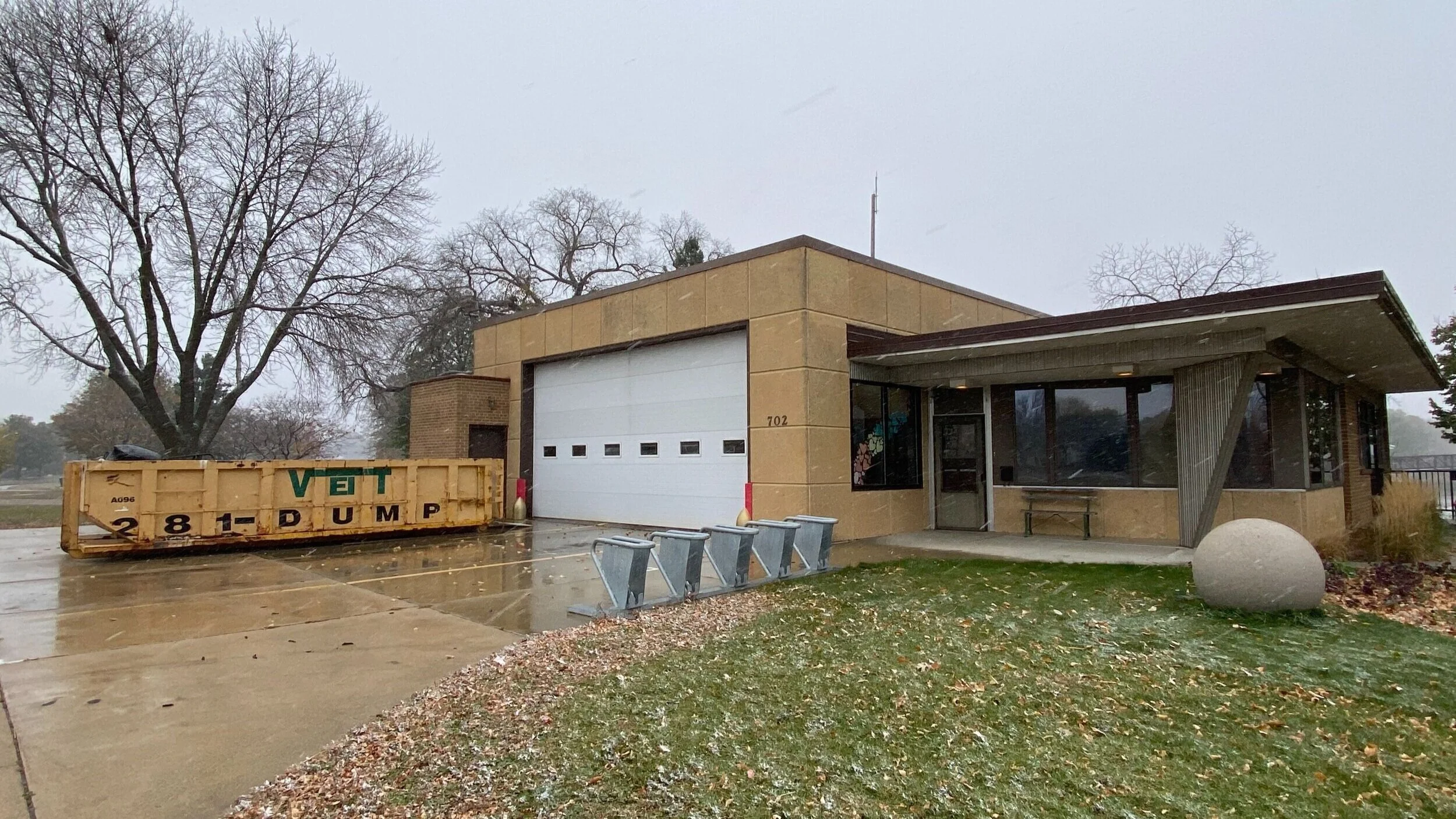UMR changes course on expansion plans
University of Minnesota Rochester received approval from the Rochester City Council to pivot on their expansion plans Monday, pausing a partnership with the Rochester YMCA in favor of a $2.5 million expansion into the former home of The Loop.
UMR chancellor Dr. Lori Carrell said the space, 318 First Avenue Southwest, would be used to create a new student lounge and campus dining space, available to students in the first quarter of 2021. The new plan also allows faculty to move out of the Paine Furniture building before UMR’s lease expires on July 31, 2021.
While Covid-19 has thrown future expansion plans into disarray, Dr. Carrell said some sort of immediate expansion was necessary, thanks to an 11 percent increase in enrollment for the 2020-21 school year.
“I don’t think you’ll find another campus in the country — certainly the state — with that kind of trajectory,” Dr. Carrell told council members Monday. “We’re small, we need to grow, and we’re providing graduates a health care workforce that very much needs them.”
The space, located on the ground floor of 318 Commons, was not in UMR’s original expansion plans — Dr. Carrell said her staff were on “Plan G” with regards to expansion — but the Loop’s untimely demise offered the university an opportunity to meet a student request it hadn’t planned for in 2019. UMR already uses portions of 318 Commons for classroom space and student housing.
“This need has been emerging, to provide some food options for students,” said Dr. Carrell. “It wasn’t originally reflected in our first RFP [request for proposals], but that need has grown as our student body has grown.”
Original Plans on the Back Burner
The expansion into the former Loop space will temporarily replace the university’s plans for larger expansion on land immediately adjacent to the Rochester YMCA. UMR sent out the aforementioned RFP to find a developer in late 2019, but the YMCA temporarily pulled out of the agreement as Covid-19 hit.
After months of waiting, the university suspended all future construction on the site in October.
Dr. Carrell said that UMR would still prefer to work with the YMCA on any long-term expansion, but would not commit to any future projects — saying the pandemic must end first. Any large expansion before then, she added, would not be “financially prudent” to either party.
“Is there future potential with the Y? Yes,” said Dr. Carrell. “There’s potential with other community partners, possibly. We paused temporarily with our developer for three months, and then decided, ‘no, we can’t make a final decision. We need to come up with a new plan.’”
While Dr. Carrell said that eventual development in the area is “still anticipated” in a letter to council members, the “interim” Loop expansion is scheduled to stay in place until 2032.
“This project will allow us to continue to grow as a relevant and integrated part of the healthcare infrastructure within the medical and scientific community — a facilities model that attracts students and provides them with learning and work opportunities,” the letter reads. “Eventually, with recreation, education, and other partners, development of the education sub-district will be economically feasible.”
Council Discussion
In a 5-1 vote Monday (Council Member Annalissa Johnson was absent), the council approved UMR’s request to use $2.5 million of the $14 million set aside in a sales tax fund, earmarked for the university to improve and expand its facilities.
Council discussion was spirited, with multiple council members expressing concerns with the original plan before inevitably voting for the measure. Council President Randy Staver led discussion in favor of the measure’s passing, due to UMR’s rapid growth and predicted changes in the downtown landscape after Covid-19 abates.
“To some degree, UMR is a victim of their own success,” said Staver. “They’re looking to grow and expand their model, and in this case, they’ve chosen space immediately adjacent to their other properties. Frankly, I’m not seeing a line of people wanting to use the space as a new restaurant.”
Council Member Michael Wojcik — the lone ‘nay’ vote on the measure — balked at the price tag, saying the move would needlessly cost the city money and drive up real estate prices downtown, while taking a prime location for future retail growth off the market.
“To me, it’s a huge red flag, at the peak point of Covid, to be looking at subsidizing a space that is really one of our more marketable spaces,” said Wojcik. “We are artificially inflating the downtown [real estate] market with this.”
If the full $2.5 million requested by UMR is used for the Loop project, it will have $4.6 million of sales tax funds remaining. Dr. Carrell says additional requests for funds are likely, as the university “explores options to meet additional space needs.”
Isaac Jahns is a Rochester native and a 2019 graduate of the Missouri School of Journalism. He reports on politics, business and music for Med City Beat.








